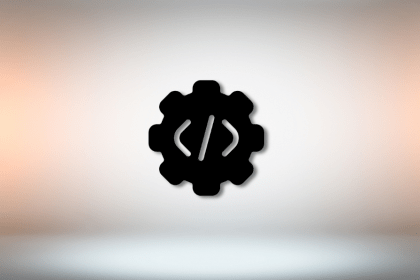useSearchParams in React
React Server Components and the Next.js App Router enable streaming and smaller client bundles, but only when used correctly. This article explores six common mistakes that block streaming, bloat hydration, and create stale UI in production.

Gil Fink (SparXis CEO) joins PodRocket to break down today’s most common web rendering patterns: SSR, CSR, static rednering, and islands/resumability.

@container scroll-state: Replace JS scroll listeners nowCSS @container scroll-state lets you build sticky headers, snapping carousels, and scroll indicators without JavaScript. Here’s how to replace scroll listeners with clean, declarative state queries.

Explore 10 Web APIs that replace common JavaScript libraries and reduce npm dependencies, bundle size, and performance overhead.
Hey there, want to help make our blog better?
Join LogRocket’s Content Advisory Board. You’ll help inform the type of content we create and get access to exclusive meetups, social accreditation, and swag.
Sign up now
5 Replies to "Why URL state matters: A guide to <code>useSearchParams</code> in React"
You can update search params easily with this approach, using native useSearchParams functional update.
setSearchParams((searchParams) => {
searchParams.set(“greeting”, “hi”);
return searchParams;
});
Hi,
Great post!
It would be nice to see a section on how to manage updating multiple keys at the same time.
For example if you set State A then State B you will end up with only State B’s changes.
In my case I am trying to update a start and end date that are updated by the same callback function.
Cheers,
Casey
The first example of useState calls setTotal instead of setGreeting
Thanks for the heads-up, this has been fixed
Created a library to simplify storing state in URL https://www.reddit.com/r/nextjs/comments/17d4x2k/about_using_url_for_managing_state_in_nextjs_13/